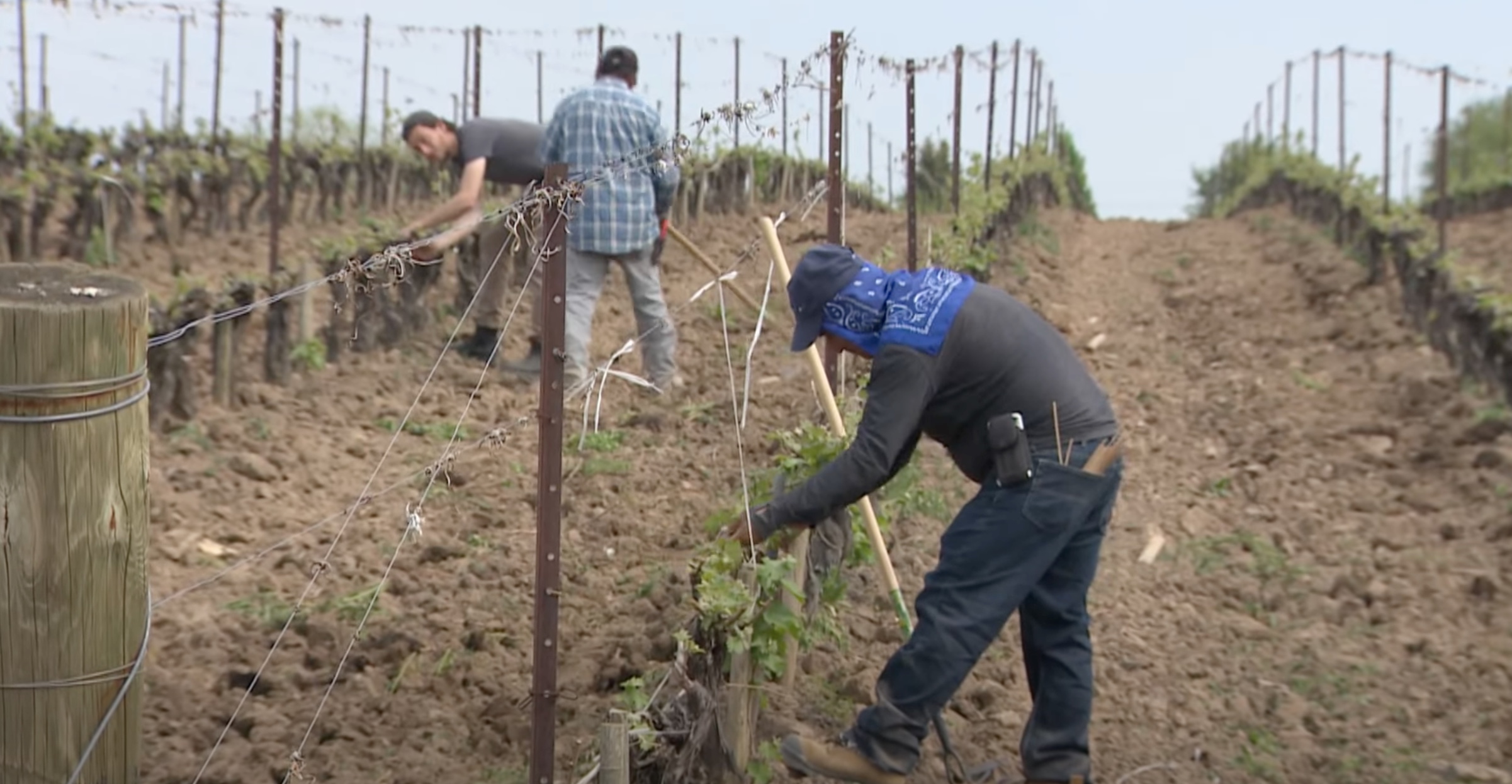In 1952, Canada’s immigration minister opposed tying immigrant farmworkers to specific employers, citing it as contrary to Canadian beliefs in individual freedom.
However, in 1966, Canada introduced the Seasonal Agricultural Worker Program (SAWP) with Jamaica, later expanding to include other countries.
This program has faced criticism for tying Black and Indo-Caribbean workers to specific employers, limiting their rights and leaving them vulnerable to exploitation.
A proposed class-action lawsuit seeks to address the discriminatory origins of this practice and its impact on workers.
Workers have reported mistreatment, substandard living conditions, and fear of deportation if they raise concerns.
“The reason why these strict conditions were imposed [was] overtly racist,” attorney Louis Century said.
“The government has to account for and reckon with the fact that the policy that it continues to impose more than 50 years later was implemented for racist reasons,” he said.
“It’s caused harm to generations of racialised workers, and it has to end.”
The lawsuit alleges that tied employment prevents migrant workers from accessing Employment Insurance (EI) benefits, leading to financial losses.
While the government emphasizes the protection of temporary foreign workers, critics argue that tied employment perpetuates injustices and deprives workers of essential rights.
“Rather than trying to compensate the workers like somebody else in Canada who faces similar conditions, we simply send workers home,” activist Chris Ramsaroop said.
“The way that the system is set up works against the interest of migrant agricultural workers,” he added. “This is designed.”
The lawsuit aims to address the legacy of harm caused to generations of workers and seeks to end tied employment practices.
Read Also:
Trump Reveals 2 Names For His Final VP Pick
Biden Commits Another Gaffe Amid Mounting Criticism





































